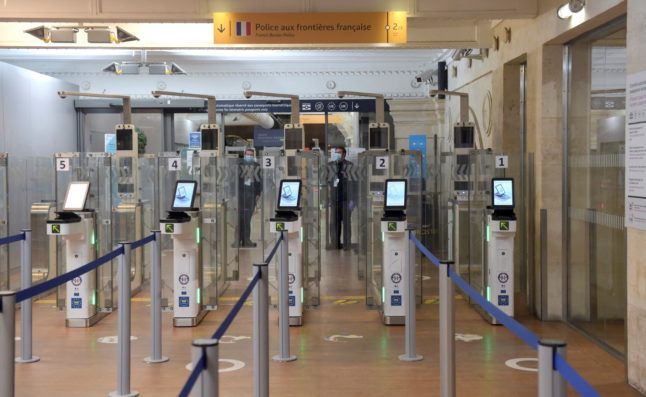“An emergency fund should be created to provide replacement income for the duration of confinement,” the Red Umbrella Federation of sex workers' organisations said in a letter addressed to President Emmanuel Macron.
France has announced a special aid of €1,500 for independent workers who lose income due to the coronavirus lockdown that entered into force on March 17, but prostitutes are not among the beneficiaries.
READ ALSO: These are the coronavirus measures France has taken to protect workers
Yet their business has been badly hit, leaving many, and their dependents, in “extreme financial insecurity,” according to the letter.
The lockdown rules allow people to leave home only for essential outings, and then with a signed and dated self-declaration of the purpose of the excursion. Patrolling police enforce the lockdown and issue fines for violations.
Follow the latest on the coronavirus situation in France here.
Several associations have reported cases of sex workers being expelled from their hotel rooms or apartments for being unable to pay.
The sex worker community has launched several fundraising initiatives online, but the proceeds have been insufficient.
The Red Umbrella said it feared that hard-pressed sex workers “will be forced to flout confinement… as a matter of survival.”
An emergency fund, it said, is “the only solution to prevent risk-taking associated with the practice of sex work. It is a matter of public health, not only for us, but also for clients and the general public.”
Prostitution is not illegal in France, though a law introduced in 2016 did make it illegal to buy sex, shifting the criminal responsibility to clients who can be fined if caught.



 Please whitelist us to continue reading.
Please whitelist us to continue reading.
Time to shake down the pimps for some funds from their ill gotten gains
Why should they be excluded? Thay work as hard as anyone else and perform a nessassay job for lots of people.